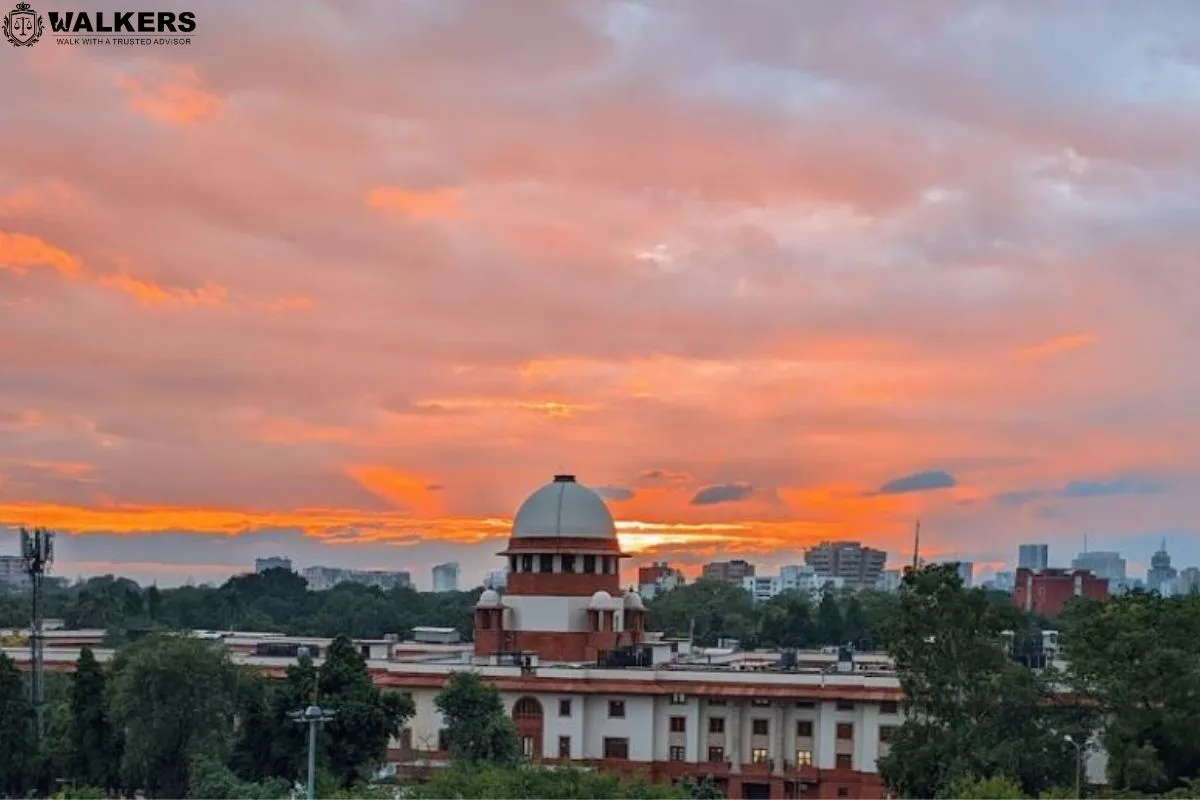


Supreme Court Raises Crucial Question on Article 370's Permanence: Akin to Basic Structure?
During the hearing on the petitions challenging the abrogation of Article 370 of the Constitution, the Supreme Court considered whether Article 370, which became permanent in 1957 after the dissolution of the constituent assembly of Jammu and Kashmir, should be treated as an essential part of the Constitution, similar to the Basic Structure.
Senior Advocate Kapil Sibal, representing National Conference leader Mohammad Akbar Lone, argued that as per clause 3 of Article 370, the provision could only be repealed with the recommendation of the constituent assembly, which ceased to exist in 1957, making Article 370 permanent.
The Chief Justice of India (CJI) DY Chandrachud questioned whether this permanence would elevate Article 370 to the status of the Basic Structure, a concept that defines the core principles of the Constitution that cannot be altered or amended.
Sibal emphasized that a constituent assembly functions differently from a legislative assembly, as it operates independently of a constitutional framework and is not bound by constitutional limitations. Allowing Parliament to act as a constituent assembly could potentially undermine the basic structure of the Constitution.
The Court's deliberations also delved into the scope of clause (d) of Article 370(1), which specifies the application of the Indian Constitution to Jammu and Kashmir. The Court discussed whether the President's decisions in this regard required consultation or concurrence with the J&K government.
Sibal contended that the abrogation of Article 370 was executed with various illegalities, and the then Governor of J&K acted in tandem with the Central government to bypass the provision.
The hearing also saw arguments about whether the J&K Constitution could grant permanency to Article 370 and whether the flexibility within Article 370 was intended to be exercised by the constituent assembly rather than the Parliament.
Justice Sanjay Kishan Kaul proposed that the constituent assembly could be interpreted to include the legislative assembly, raising the question of whether the will of all the people of J&K was needed for the abrogation.
The Court emphasized that while the process might be political, its key consideration was whether it was constitutional or not.
The case pertains to the Central government's move in August 2019, revoking the special status of Jammu and Kashmir and subsequently bifurcating the state into two Union Territories. The Union Home Ministry, in an affidavit, claimed that the abrogation led to stability and progress in the region, with a decline in unrest and school closures.
TAGS: Article 370 Constitution permanent Basic Structure Supreme Court hearing abrogation Jammu and Kashmir constituent assembly Chief Justice Kapil Sibal National Conference political power legislative assembly constitutional limitations President consultation concurrence Indian Constitution Central government Governor legality J&K Constitution flexibility political process Union Territories stability progress.